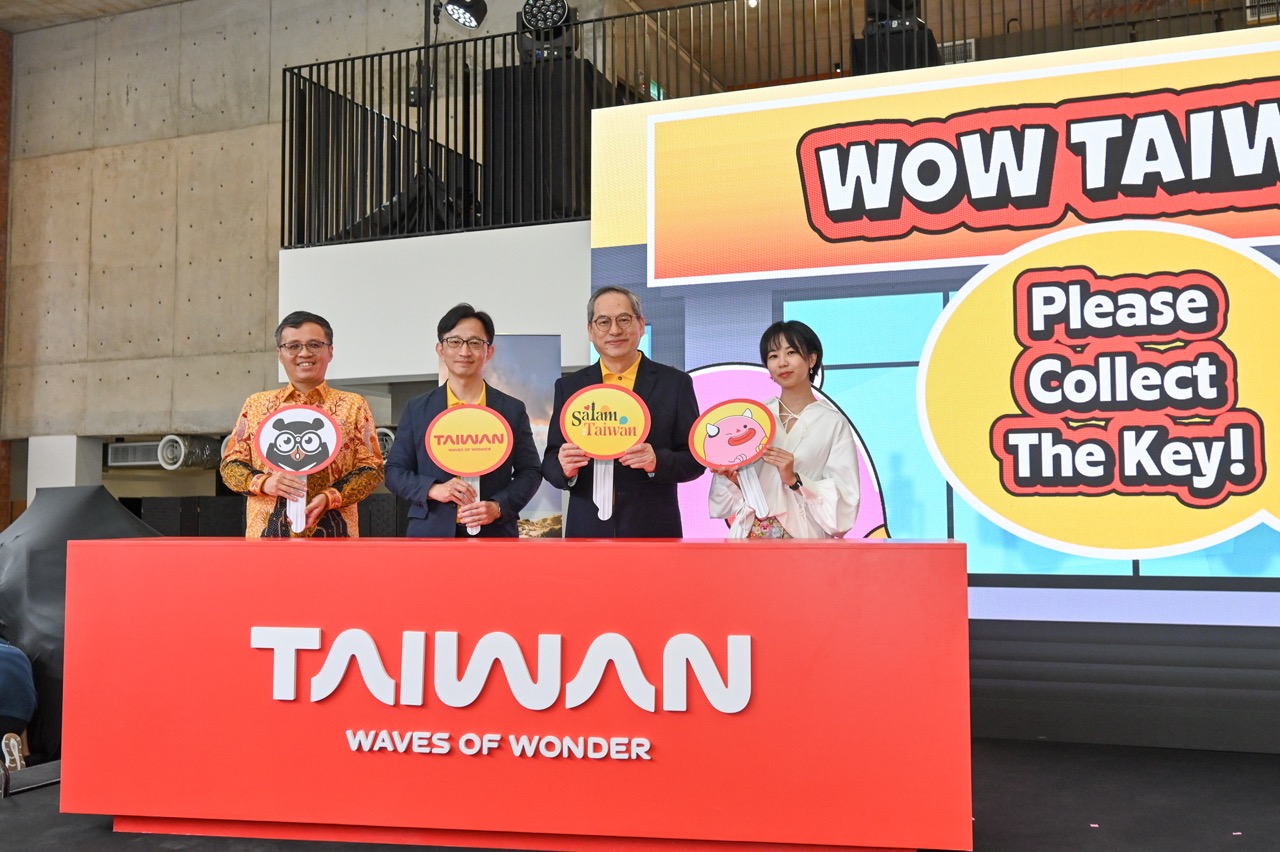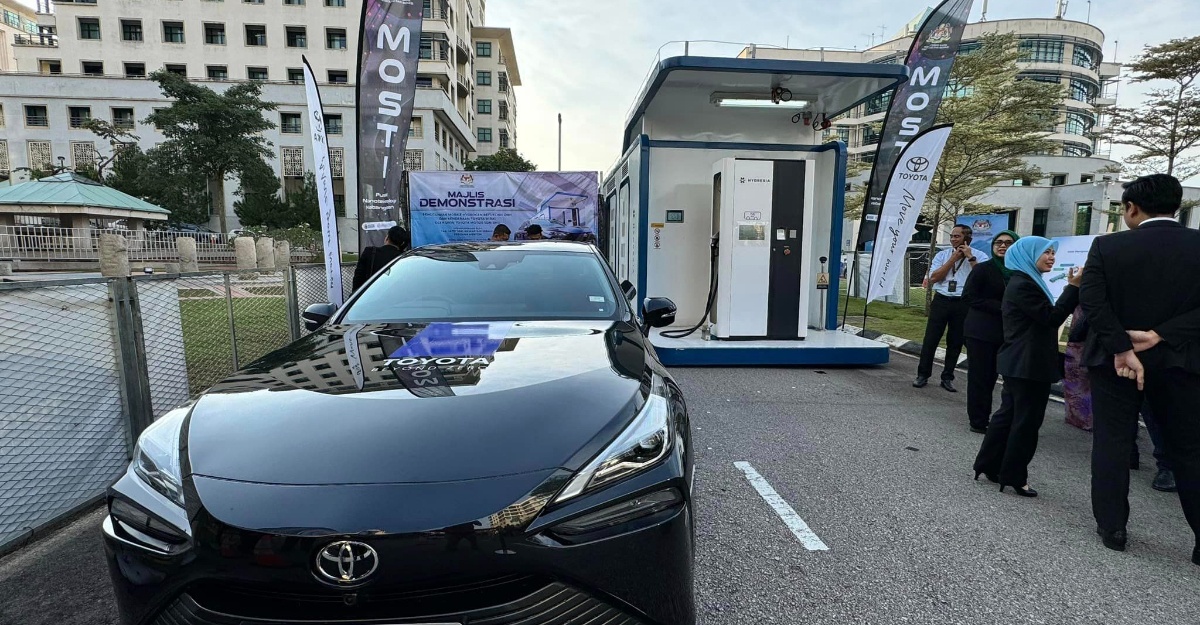History was made at the 18th ASEAN Ministerial Meeting on the Environment (AMME) when children and youth from all 10 ASEAN nations officially handed over the ASEAN Children & Youth Climate Declaration, also known as the Langkawi Declaration, to environment ministers.
For the first time, youth voices are not just present, they’re helping shape regional climate policy.
“The Langkawi Declaration is more than words, it’s a call to action. We’re ready to work with leaders to turn promises into reality,” said Celeste Chung, youth delegate from Sabah.
The Declaration carries seven urgent demands, including:
- Meaningful youth participation in policymaking
- Climate justice for vulnerable communities
- Integrated climate education
- Accelerated just energy transition
- Climate-resilient social services
- Sustainable agriculture with indigenous knowledge
- Stronger climate financing
Youth from across ASEAN pledged to raise awareness, create community-driven solutions, and hold themselves accountable as equal partners in climate action.
Malaysia’s Acting Minister of Natural Resources and Environmental Sustainability, Datuk Seri Johari Abdul Ghani, received the Declaration, praising ASEAN youth for their clarity and commitment. He reaffirmed the region’s dedication to placing youth perspectives at the center of environmental strategies.
The Langkawi Declaration was the outcome of the ASEAN Children & Youth Climate Summit (ACYCS) 2025, a three-day youth-led leadership program in Langkawi co-organised by UNICEF and Malaysia’s Ministry of Natural Resources and Environmental Sustainability, with support from the Ministry of Youth and Sports.
With 100 youth delegates aged 15–25 shaping the blueprint, the Declaration is set to guide national efforts and strengthen ASEAN’s position ahead of COP30.
“Youth are no longer just participants, they are influencing policy,” said Robert Gass, UNICEF Representative to Malaysia.
This moment marks a turning point: ASEAN’s climate agenda now officially carries the voice of its youth.








